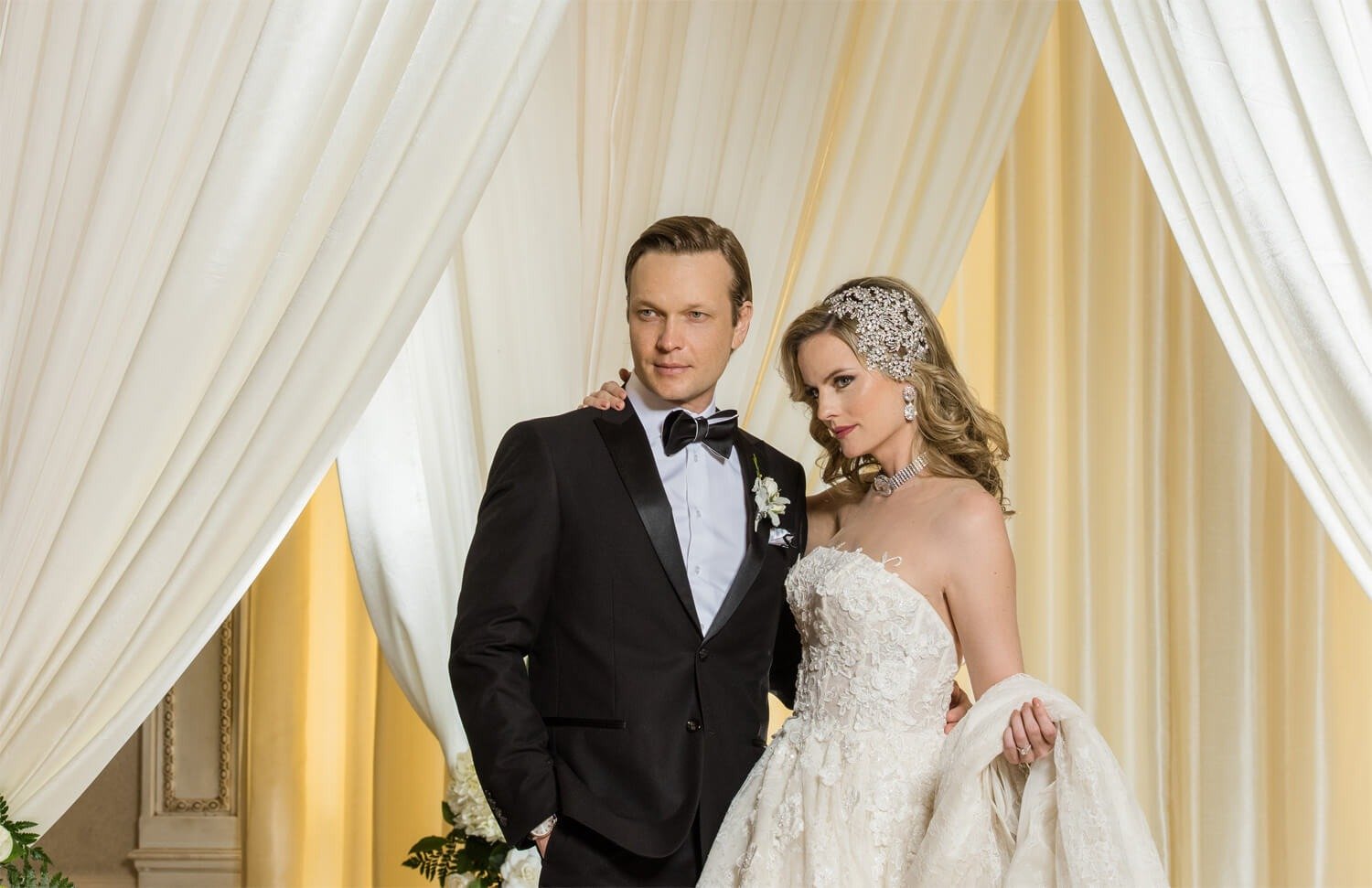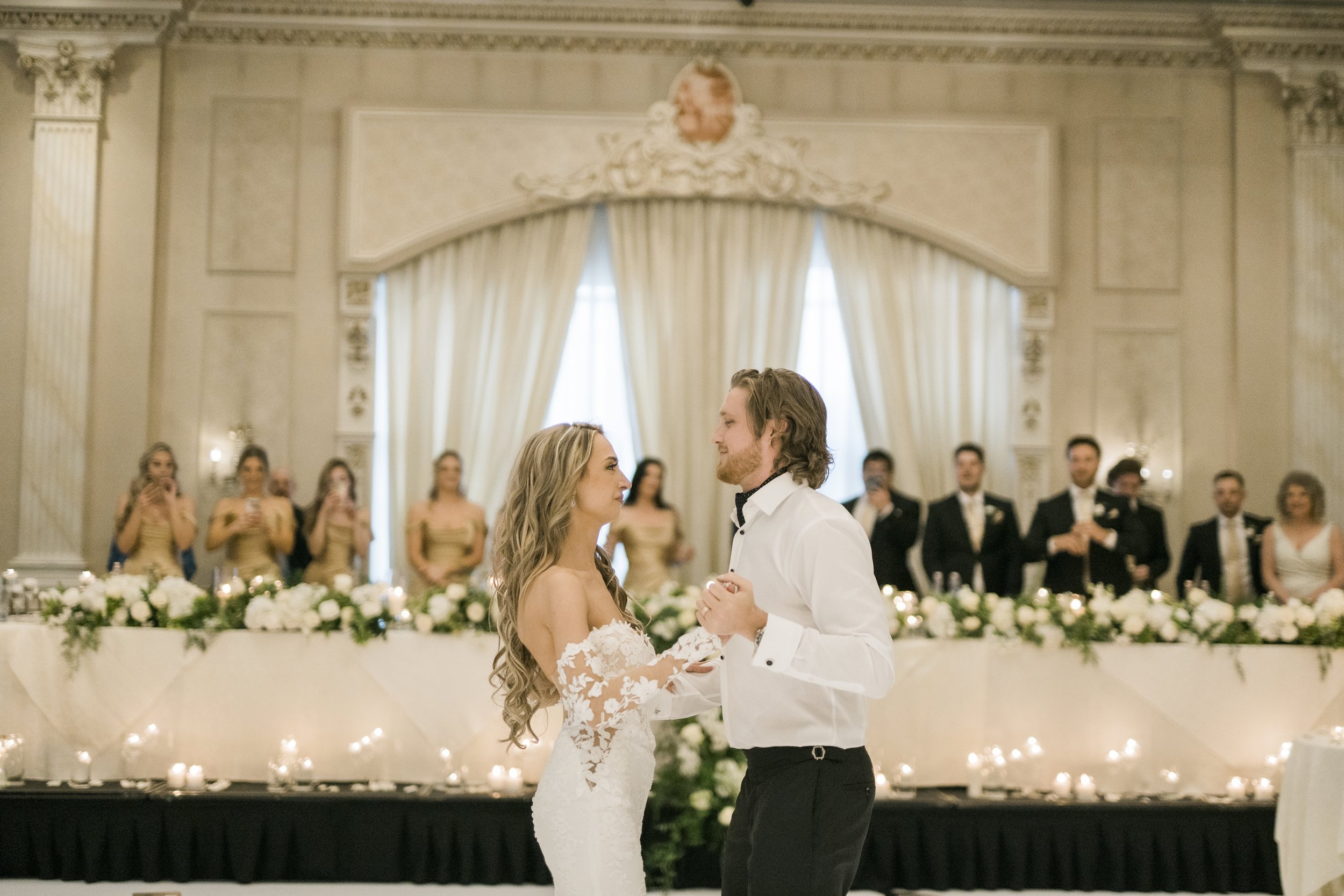
Memories That Will Last A Lifetime
Crafting Unforgettable Moments Since 1985
Known for our timeless elegance and impeccable service, we specialize in creating extraordinary weddings, corporate events, and special occasions.




Our Services —
Weddings
Inspired by the iconic French chateaus of the 16th century, Château Le Jardin in Woodbridge features soaring coffered ceilings, handcrafted chandeliers and classical Corinthian style columns. From your first meeting to your final bite of dessert, our experienced staff will be with you every step of the way as we curate and execute the wedding of your dreams
VIEW MORE
Socials
Whether you're planning a milestone celebration, birthday, anniversary, or gala, our luxurious venue provides the perfect backdrop. With elegant ballrooms, personalized event planning, and gourmet catering, your social gathering will be a seamless and unforgettable experience. Let us bring your vision to life and create memories that will last a lifetime
VIEW MORE
Corporate
From Seminars to Company Holiday Parties our versatile ballrooms can be customized to accommodate all your event needs. Over 40,000 square feet of transformative event space makes Château Le Jardin the ideal venue for corporate events requiring multi purpose rooms.
VIEW MORE















